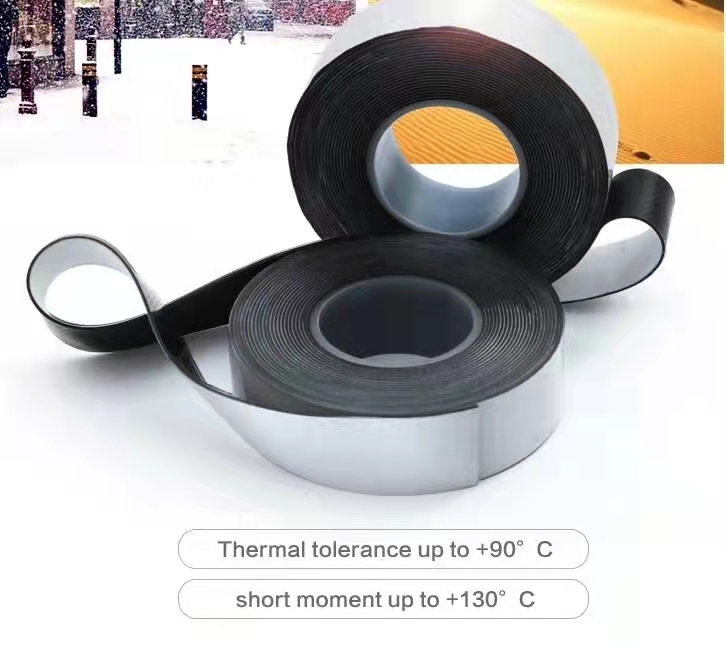High Voltage Busbar Insulation Tape Essential for Safety and Efficiency
In the realm of electrical engineering, high voltage systems require robust solutions to ensure safety and efficiency. One of the critical components in the insulation of high voltage busbars is the insulation tape. This tape plays a vital role in preventing electrical failures, protecting equipment, and ensuring safe operational environments.
Understanding Busbar Insulation
Busbars are conductive material strips used to distribute electrical energy within power distribution systems. Given the high voltage levels these systems often operate under, the insulation of busbars becomes paramount. Proper insulation safeguards against electrical arcing, shorts, and leakage currents, which can lead to catastrophic failures and safety hazards.
High voltage busbar insulation tape is specifically designed to withstand elevated voltage conditions. It serves as a barrier that isolates electrical conductors and protects against external factors such as moisture, dust, and chemical exposure.
Characteristics of High Voltage Insulation Tape
The effectiveness of insulation tape hinges on several key characteristics
1. Dielectric Strength High voltage insulation tape must possess excellent dielectric properties to withstand high electric fields without breaking down. The dielectric strength is a measure of the tape's ability to insulate against electrical current.
2. Temperature Resistance High voltage installations often experience considerable heat. Insulation tape must be capable of operating under high temperatures while maintaining its insulating properties. Materials like PVC, silicone, and various rubber composites are commonly used for their heat-resistant qualities.
high voltage busbar insulation tape

3. Durability and Flexibility The tape needs to maintain its integrity under mechanical stress. It should be flexible enough to wrap around busbars securely while also being tough enough to resist wear and tear over time.
4. Adhesive Quality The adhesive used in the insulation tape should offer strong bonding to various surfaces, ensuring that the tape remains in place under operational conditions. It must also be formulated to endure environmental factors.
Applications of High Voltage Insulation Tape
High voltage insulation tape finds widespread applications in a variety of settings
- Power Plants In electricity generation facilities, insulation tape is critical for securing connections and protecting sensitive components from high voltage electricity.
- Distribution Networks Energy distributors rely on this tape to ensure the safety and reliability of substations and grid connections, where protective insulation is essential for preventing electrical faults.
- Renewable Energy In solar and wind power systems, the insulation of busbars is crucial for protecting the components from harsh environmental conditions, ensuring efficiency and reliability.
Conclusion
High voltage busbar insulation tape is an indispensable material in modern electrical installations. Its unique attributes—including high dielectric strength, temperature resistance, durability, and superior adhesive properties—make it essential for safeguarding both equipment and personnel. As the demand for electricity continues to rise and systems become increasingly complex, ensuring the integrity of high voltage insulation will remain a top priority in the electrical industry. In summary, the importance of high voltage busbar insulation tape cannot be overstated; it is a vital component in the safe and efficient operation of electrical systems, warranting careful consideration in any engineering project involving high voltage applications.
-
Self Amalgamating Tape: Redefining Electrical Insulation and ProtectionNewsAug.07,2025
-
Seal Strip Solutions: Revolutionizing Energy Efficiency and Comfort in Modern BuildingsNewsAug.07,2025
-
High Voltage Electrical Tape: Powering Safety and Reliability in Modern InstallationsNewsAug.07,2025
-
Flex Tape Waterproof: Transforming the Future of Instant RepairsNewsAug.07,2025
-
Elevate Electrical Safety Standards with High-Performance PVC Electrical TapeNewsAug.07,2025
-
Butyl Rubber Tape: The Ultimate Solution for Reliable Sealing and WaterproofingNewsAug.07,2025
